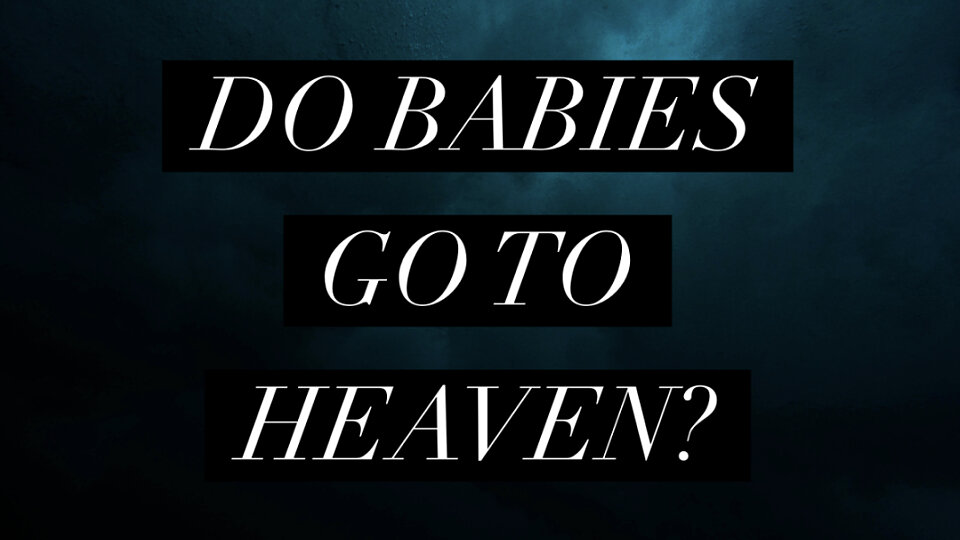By Bo Linam
Do babies go to heaven? What about aborted or stillborn babies who never actually breathe their first breath? What about the person that suffers from a special needs situation who doesn’t possess the ability to mentally process the gospel? These are all real questions that have been debated for thousands of years. This is an important question to answer and how we answer it will show how we see the character of God.
There are only two real answers to this question, yes or no. There is no third option. Either you believe that because someone can’t mentally process the gospel and respond to it they will end up in hell, or you believe the goodness and kindness of God would take such a person to the gates of Glory. The Bible never clearly answers this question. There is no exact proof text that says yes or no. But when we build a biblical theology on the subject, I feel we come to an answer that shows the grace and mercy of God and fulfills the prophecy of Revelation 7.
John MacArthur used this verse when he was pushed on the question, do babies go to heaven. MacArthur’s use of this verse was very compelling and when paired with what we know about the character of God, he firmly said, “Yes, babies go to heaven.”
So how did MacArthur come to this conclusion? Well, look back at the verse. Revelation 7 clearly states, “ from every nation, from all tribes and peoples and languages, standing before the throne…” How can every (which in the Greek/Hebrew/English means All) nation, tribe, people, and language stand together in the throne room? How can a people group be represented in the throne room that has completely died off before the gospel ever made it to them? How can there be representation of every language ever spoken, knowing there are entire societies that never heard the gospel? The only logical answers are the following: Either Revelation 7 is wrong and the Holy Spirit lied to John, or babies and the mentally handicapped were spared by our God.
Now, we can automatically rule out the first option. To agree with the first option would be heresy. It would be a denial of the very foundation of the inerrancy of scripture and would deny 2 Timothy 3. So we can firmly say that option one is out of the discussion. Now, to look at the second possible option, we need to ask ourselves, what do we know about the nature of our God? James 2:13, Luke 6:36, Daniel 9:9, Ephesians 2:4, Exodus 34:6, and we could keep going, all speak to the mercy and love that the God of the Bible shows His creation. Yes, even a sweet baby in a mother’s womb is under the curse of Adam, but does it line up with the character of God to condemn that baby to hell? Another way to look at this is the story of Abraham, Isaac, and Jacob in the book of Genesis. When God made the Abrahamic Promise, was Isaac counted as a child of God then, even before his birth, or did God wait to call him a child of the King until he grew enough to profess belief and conviction in the coming Messiah? Another great example of this same train of thought comes from the prophet Jeremiah. In Jeremiah 1:5 God counts Jeremiah as prophet (which also makes him a child of God) before he was born. Look at verse 5 and see for yourself: “Before I formed you in the womb I knew you, and before you were born I consecrated you; I appointed you a prophet to the nations.”
In closing, we can rest in the fact that we serve a gracious, loving, and merciful God who has demonstrated His love to the human race for over 6000 years. We can take what we know from Revelation 7, Jeremiah 1, and the entire book of Genesis to trust in His providence and mercy even when the Bible doesn’t definitively speak to this topic.

